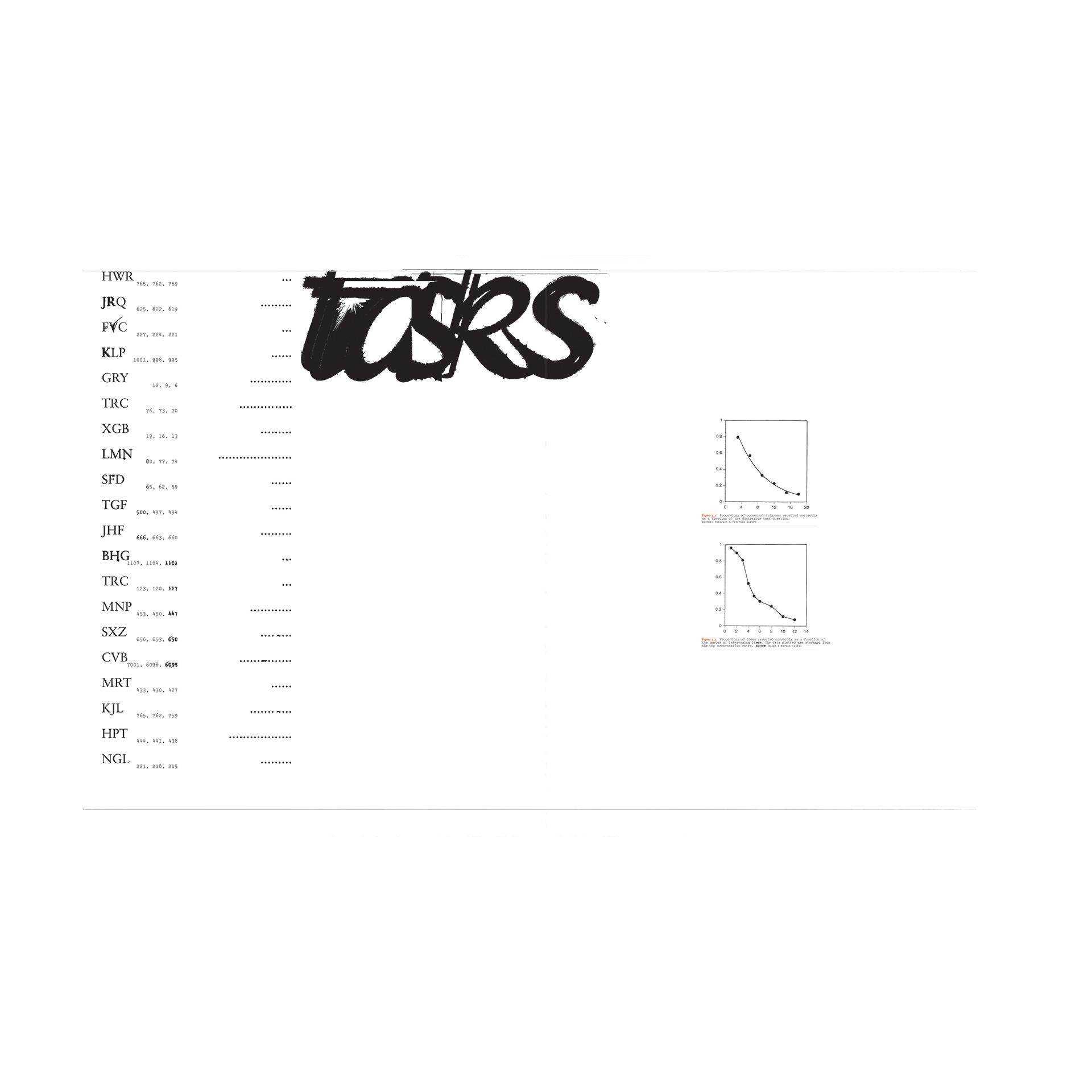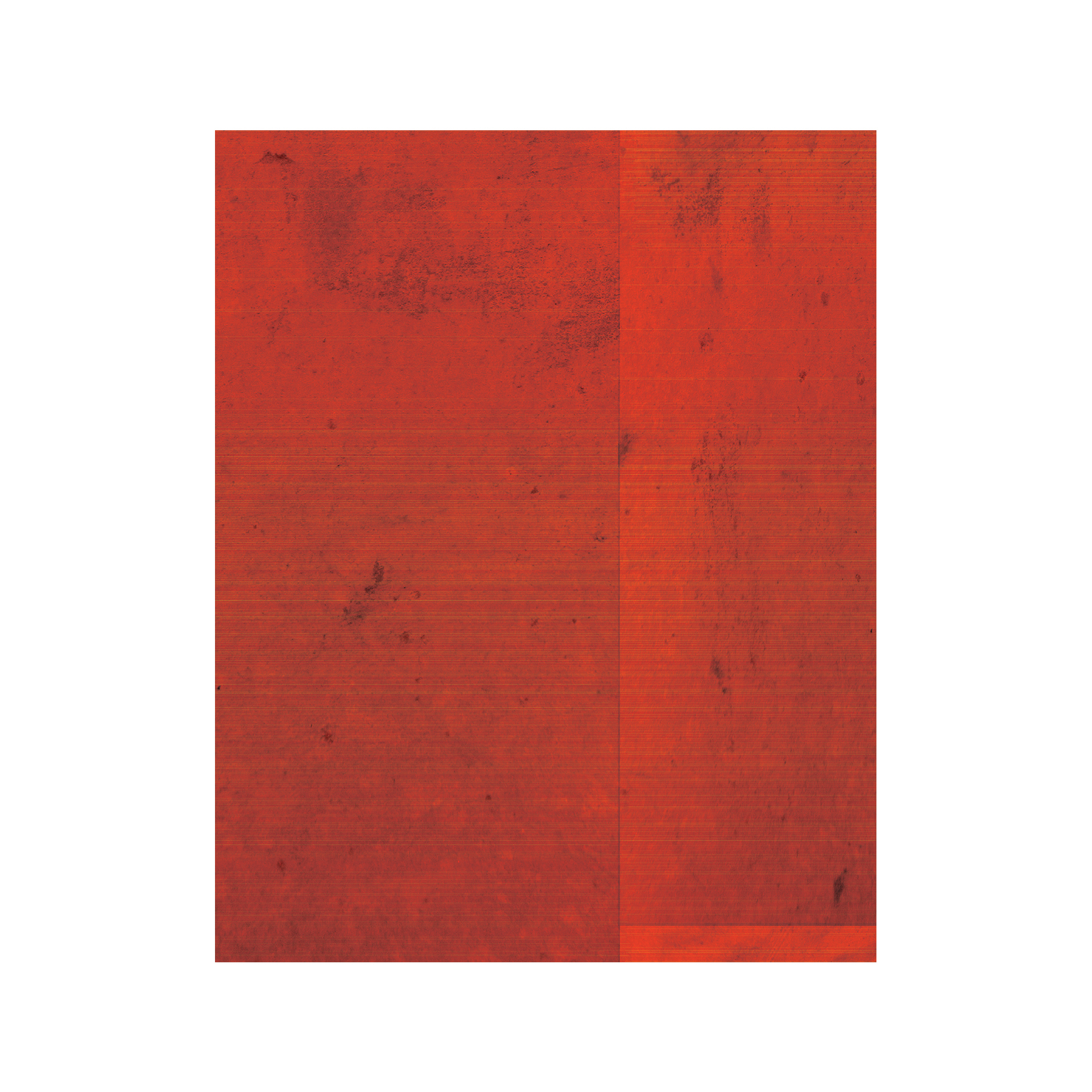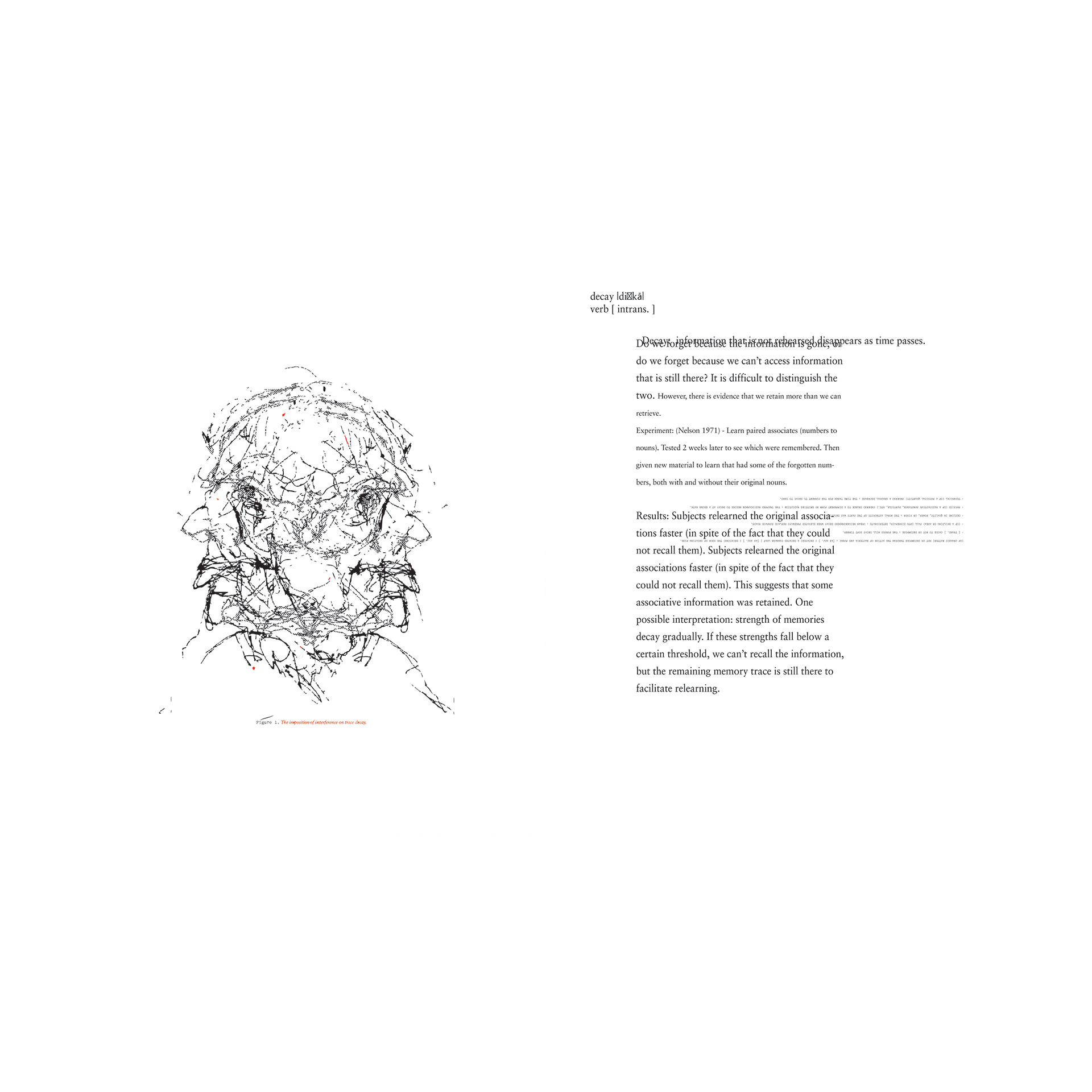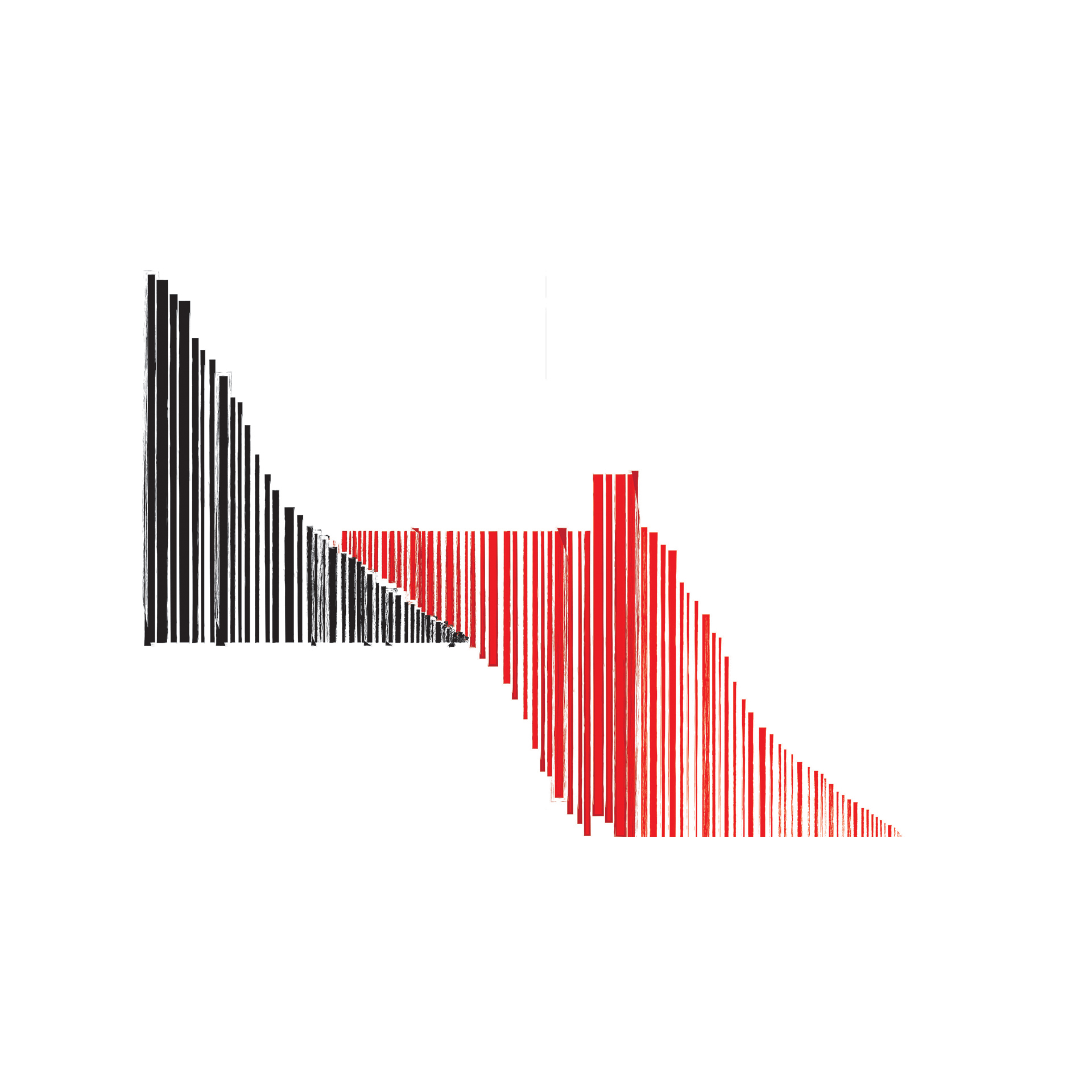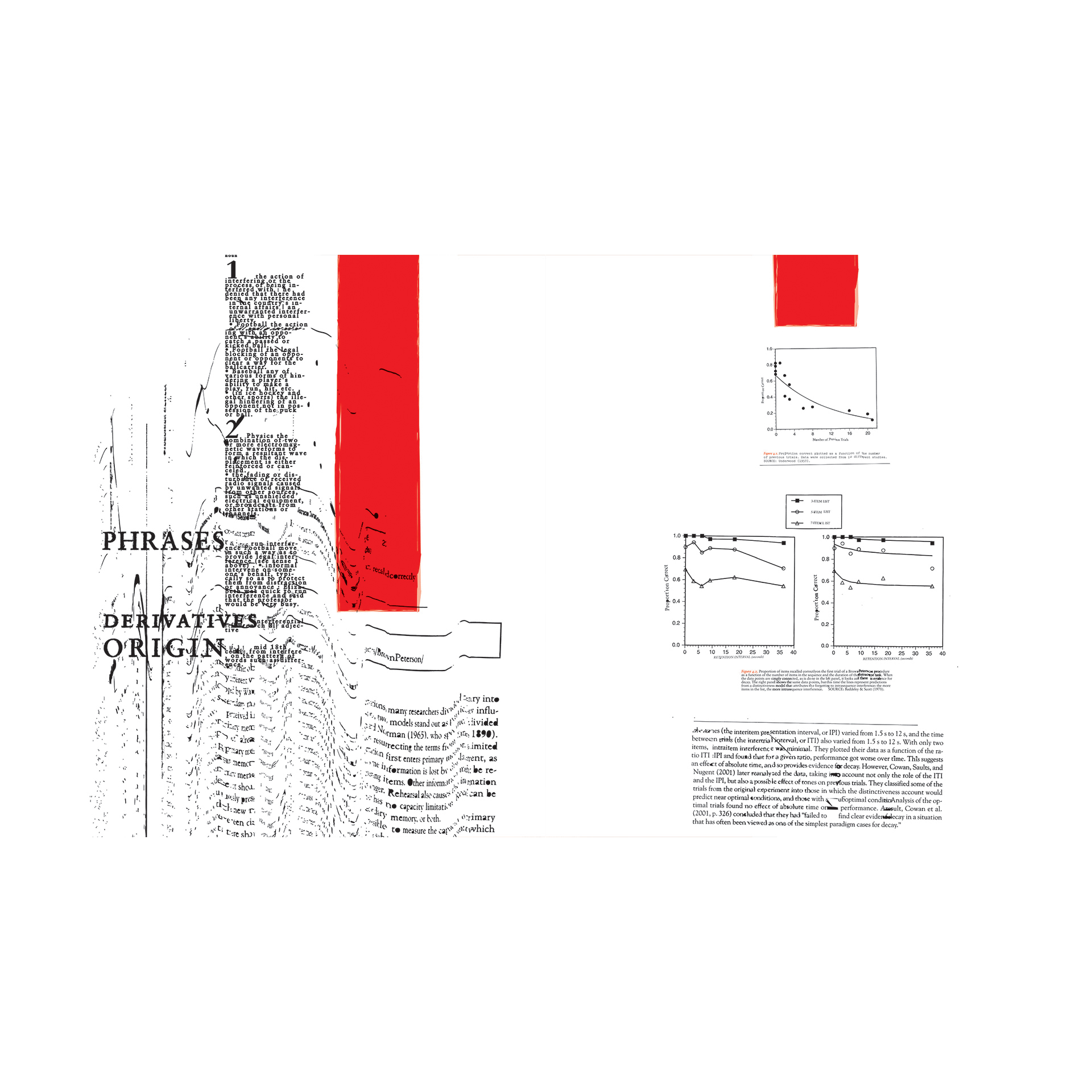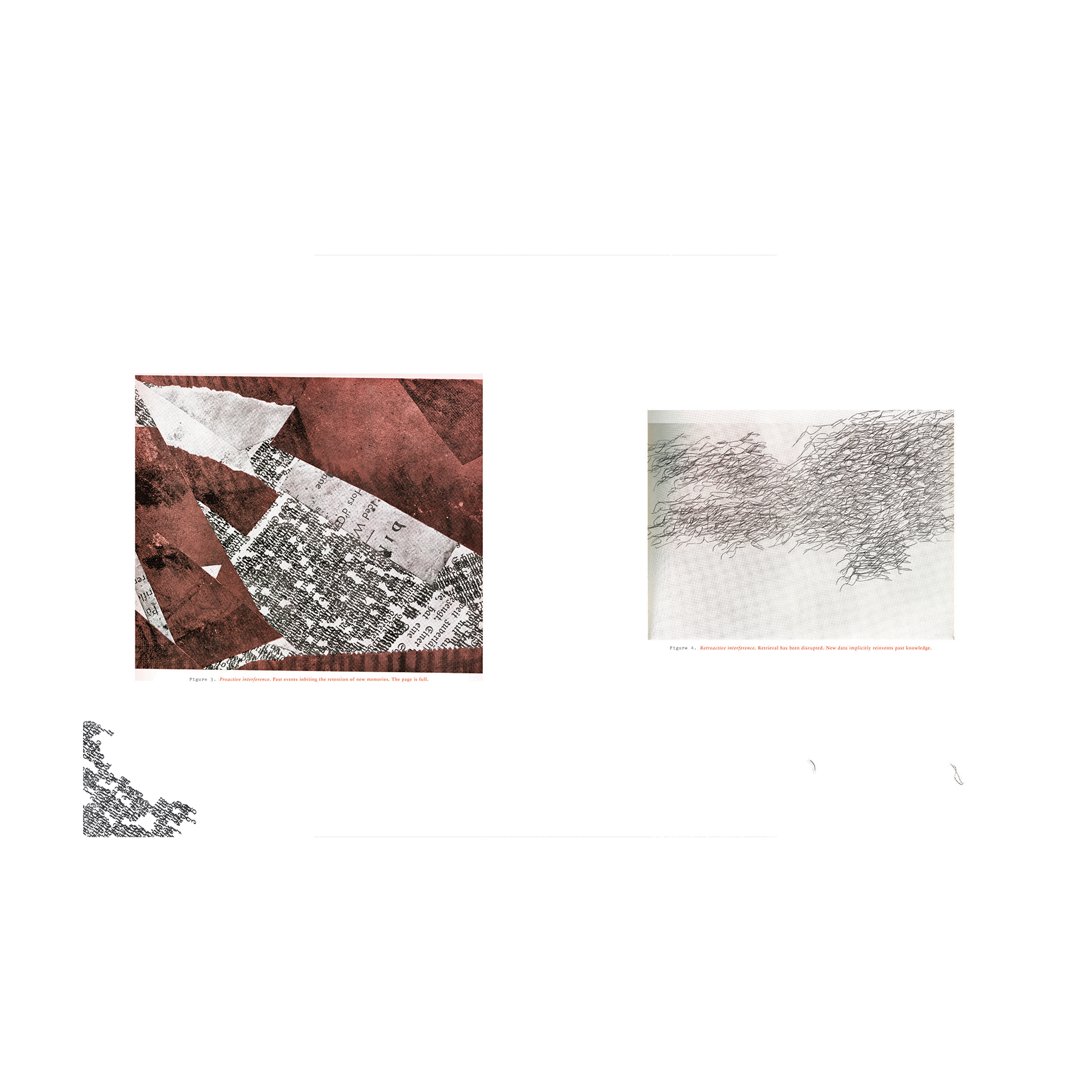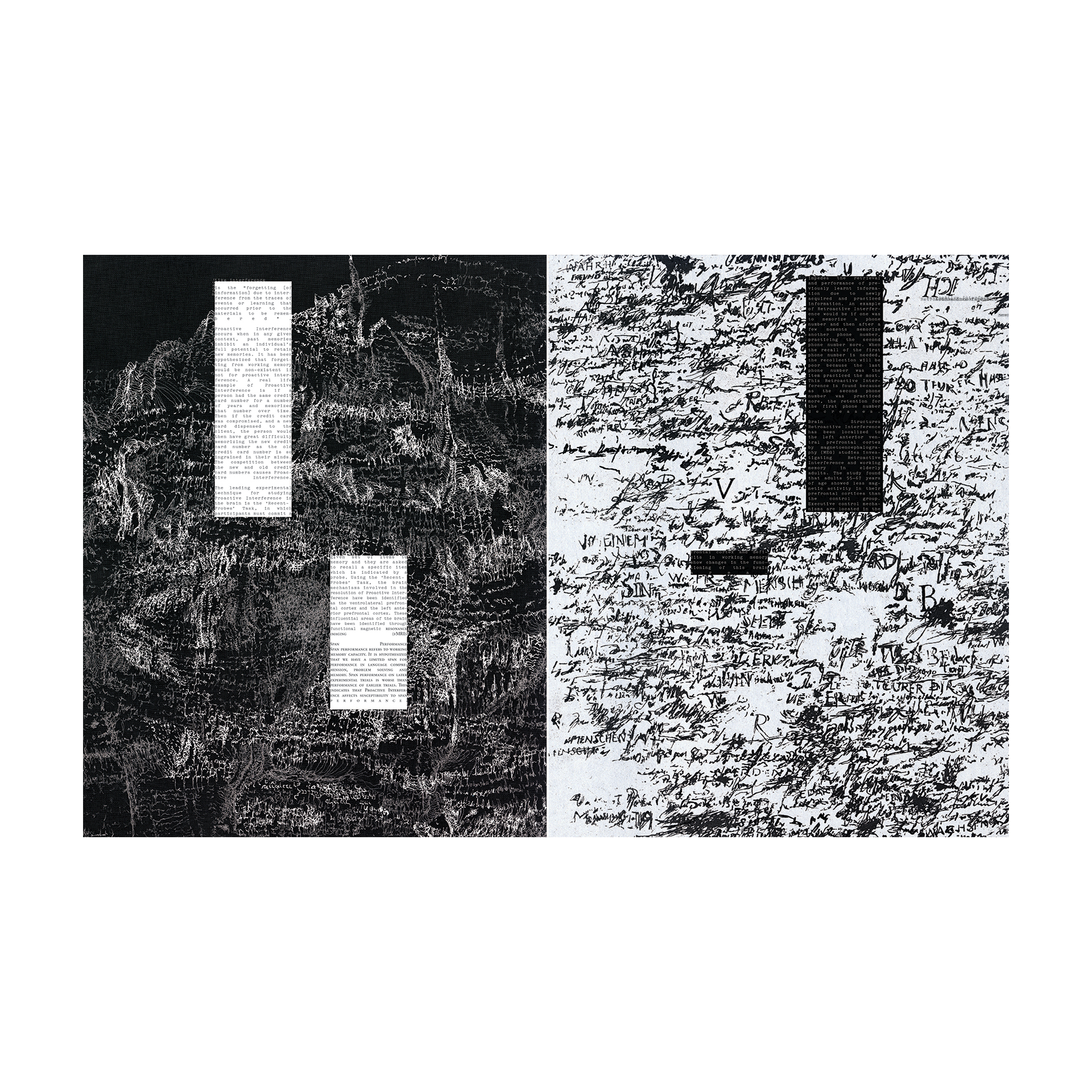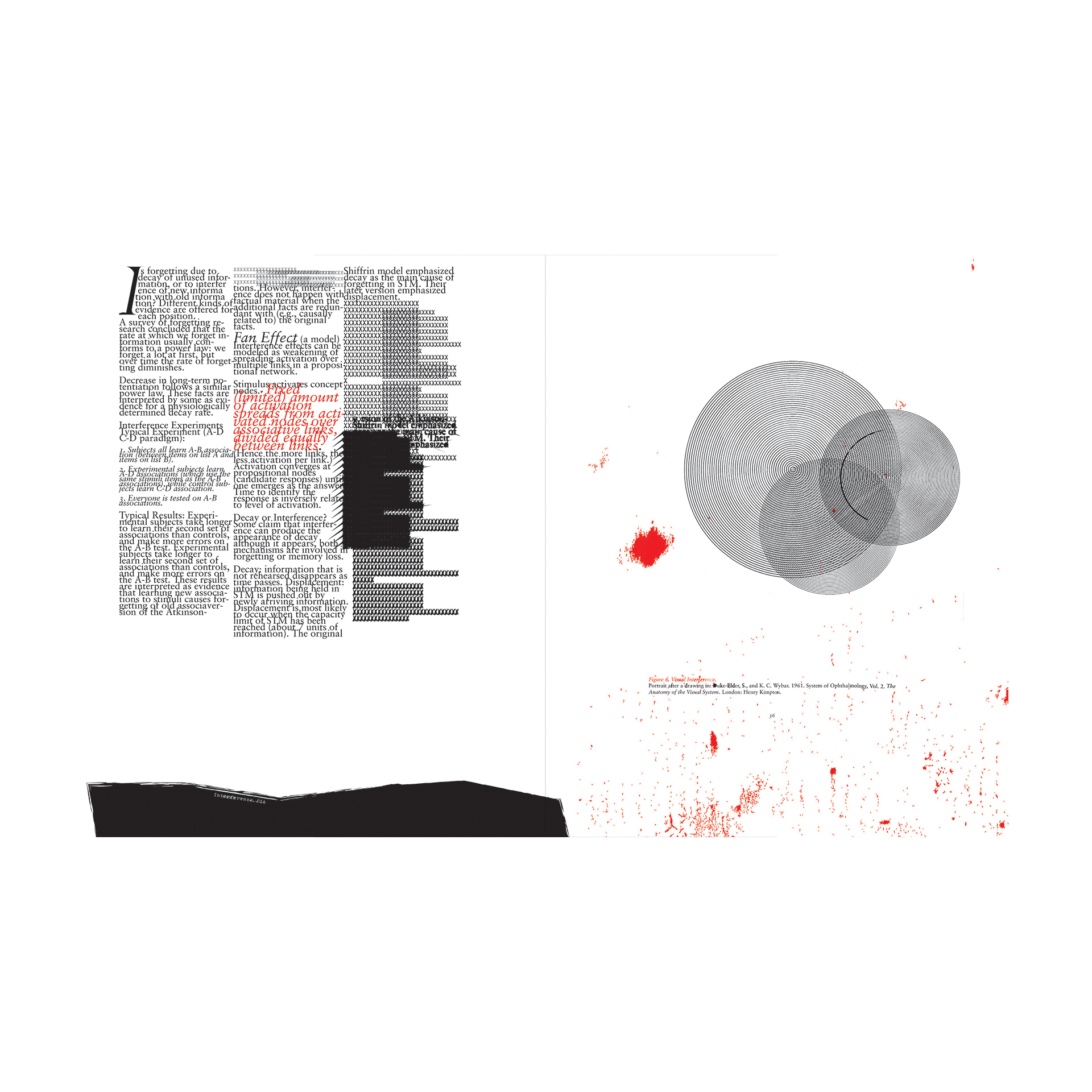Why do we forget? Is memory loss a natural process of time, or do new experiences overwrite the past? This work explores the fundamental theories of forgetting, from the early belief in Decay Theory, which suggests that memories simply fade away, to the more widely accepted Interference Theory, which argues that new information disrupts and replaces the old.
Through the lens of cognitive psychology and groundbreaking research—including the work of George Sperling—this book unpacks how our sensory memory processes and discards information. It examines the delicate balance between remembering and forgetting, revealing how the brain navigates the constant influx of stimuli. With insights into short-term memory, learning, and the battle between past and present knowledge, this research document offers a compelling look at why some memories persist while others vanish into oblivion.
Paperback: 48 Pages
11” x 14”
Language: English
11” x 14”
Language: English
